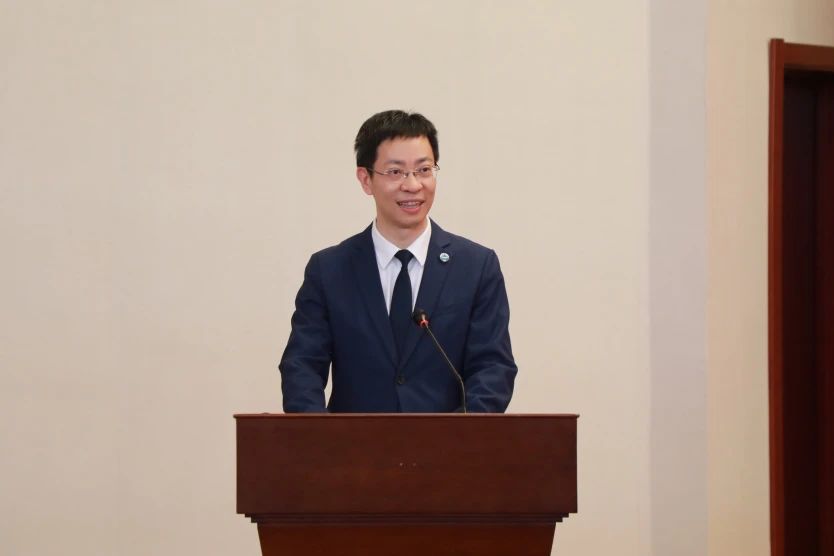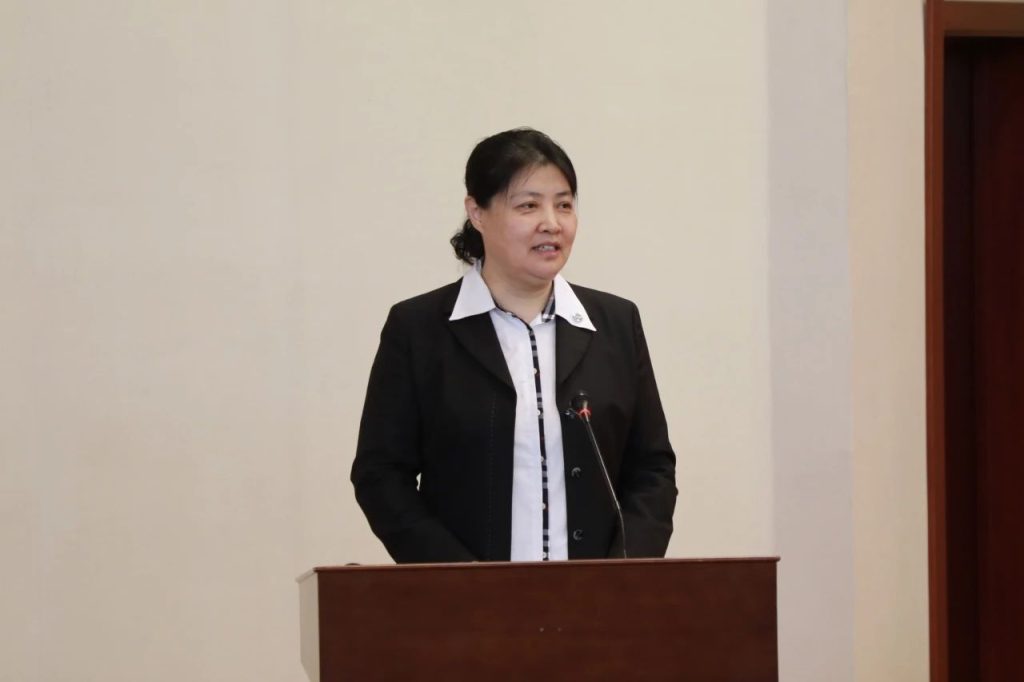As part of Earth Charter International collaboration with Liaoning University (LNU) aimed at bringing the concept of sustainability through education, research and community outreach, we are happy to share this special publication called “Navigating Sustainability – Insights from LNU Teachers and Students”. This publication that emerged after the first year of our collaboration, offers a compilation of essays, papers and reflections on education for sustainable development and ecological civilization by LNU’s faculty and students. It serves as a resource to help illustrate the university’s commitment to integrate sustainability and Earth Charter principles into higher education. By offering a space for students to share their reflections alongside academics, it also underscores the shared goal of empowering the next generation of leaders to address pressing global challenges related to climate change, environmental degradation and social inequality through the knowledge, values and tools provided by the Earth Charter principles and LNU’s academic programs.
As mentioned in the foreword of the compilation publication by the President of Liaoning University, Mr. YU Miaojie and Professor Ma Shuang, ‘Liaoning University, guided by the motto of “virtuous learning, diligent practice, leads to strength”, is integrating the Earth Charter into its teaching, research, and social services, striving to contribute to the building of a community of shared future for mankind.’ Explaining further, they emphasize on the role of higher education in promoting the Earth Charter and shaping future leaders and global citizens. They indicate that the anthology has eleven research papers by faculty and fifteen reports by students. “These papers serve as both interim summaries of the Earth Charter related activities at Liaoning University in 2023 and as reflections and responses from both faculty and students at Liaoning University on significance and spirit of the Earth Charter.”


This comes at a particularly crucial time, especially when China has brought in policies on ecological civilization into their constitution. The aspiration set for the country to contribute to the building of an ecological civilization has become a central theme in China’s development policies such as the green innovation and sustainable infrastructure. The practical synergies of LNU’s engagement with Earth Charter principles align with China’s commitment not only to high-speed rail, electric vehicles, renewable energy development, but will hopefully be seen through major societal changes reflecting the commitment with ecological integrity.
Through this collaboration, LNU has engaged its faculty and students in deepening their understanding on sustainability and in exploring ways to incorporate it in their teaching and learning process as well as worldviews. The topics in this publication range from sustainable chemistry education to governance of technological risks. They support joint projects, conferences and workshops that offer practical solutions to global environmental issues. It is also unique as it finds linkages between the Chinese philosophies with Earth Charter’s global sustainability vision. The Foreword also mentions how the traditional teachings of Laozi, Confucius and Zhuangzi have been significantly embodied in the Earth Charter and intersect with the modern principles of sustainable development, which enriches the global dialogue on sustainability. This collection of essays demonstrates how universities can engage its community of professors and students in considering how to reorient their thinking and actions reflecting sustainability principles and act as catalysts for environmental stewardship and social responsibility. It further fosters global citizenships and sustainable lifestyles. This collaboration extends beyond research and dives into training in sustainability leadership and ethics through Earth Charter’s educational programs. It also reflects China’s leadership in advancing global environmental governance.
This partnership is a critical step towards advancing education for sustainable development in LNU. Through this, a path for a future rooted in ecological integrity, social justice and global peace can be paved. It is hoped that LNU will serves as a beacon of hope and a model for other universities and organizations to follow in the pursuit of ecological integrity and global citizenship.
More about this:







